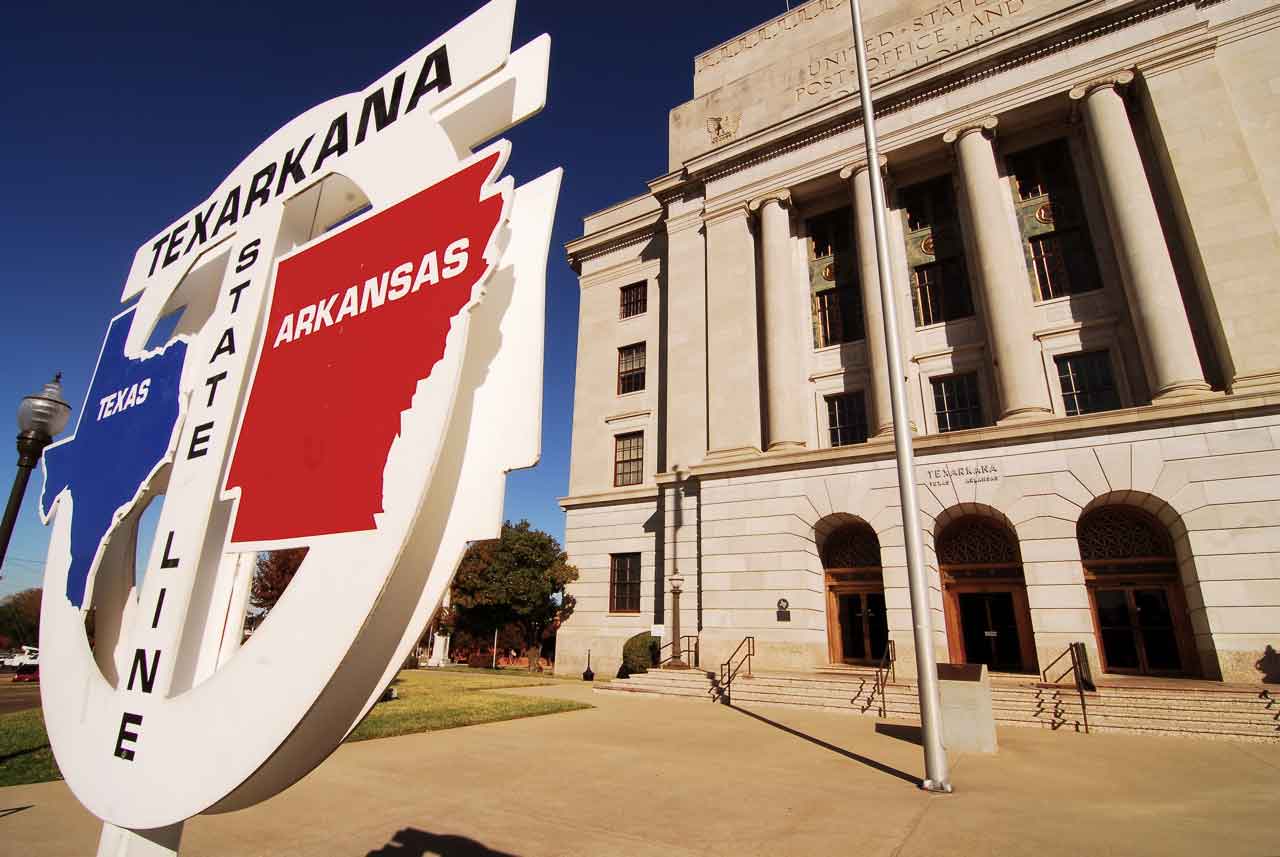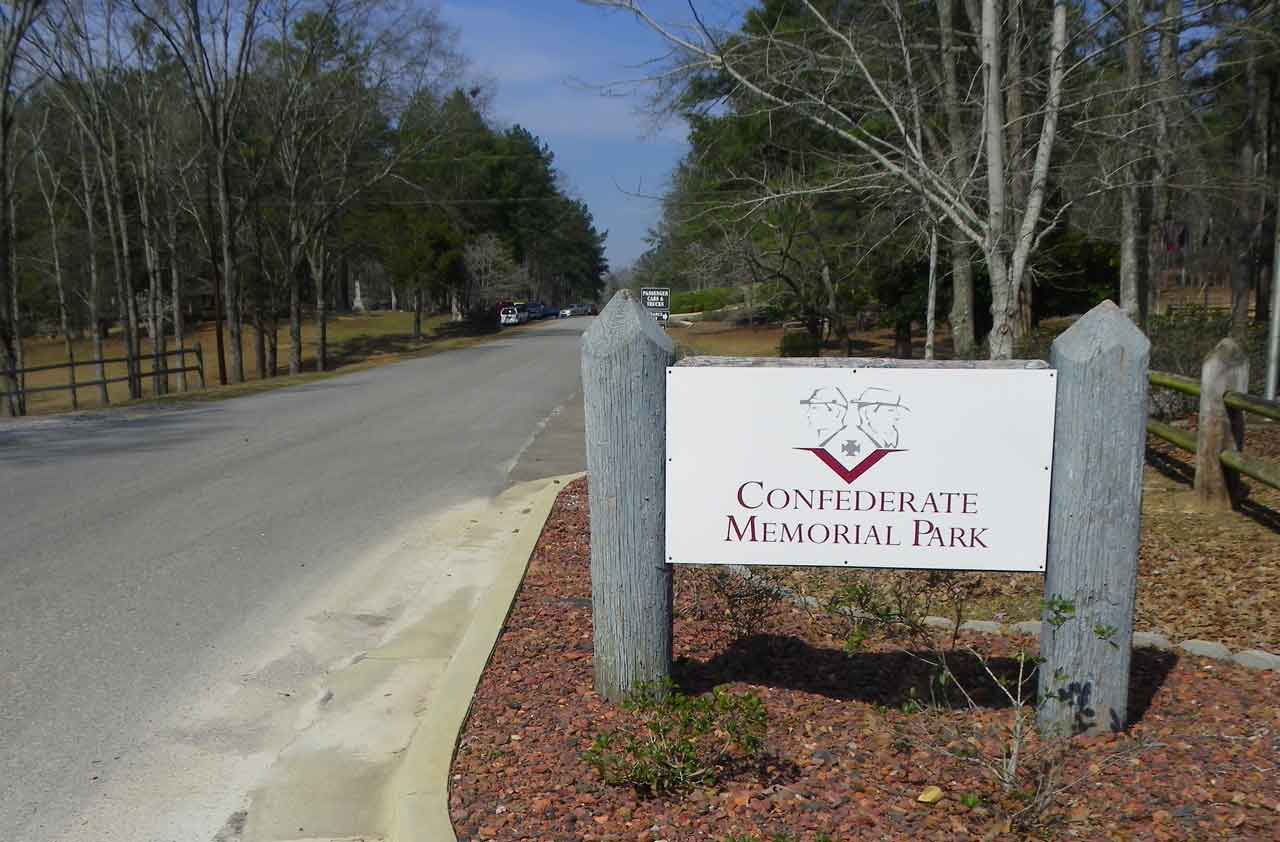11 Strangest Ways States Tax You (And Don’t)


Profit and prosper with the best of Kiplinger's advice on investing, taxes, retirement, personal finance and much more. Delivered daily. Enter your email in the box and click Sign Me Up.
You are now subscribed
Your newsletter sign-up was successful
Want to add more newsletters?

Delivered daily
Kiplinger Today
Profit and prosper with the best of Kiplinger's advice on investing, taxes, retirement, personal finance and much more delivered daily. Smart money moves start here.

Sent five days a week
Kiplinger A Step Ahead
Get practical help to make better financial decisions in your everyday life, from spending to savings on top deals.

Delivered daily
Kiplinger Closing Bell
Get today's biggest financial and investing headlines delivered to your inbox every day the U.S. stock market is open.

Sent twice a week
Kiplinger Adviser Intel
Financial pros across the country share best practices and fresh tactics to preserve and grow your wealth.

Delivered weekly
Kiplinger Tax Tips
Trim your federal and state tax bills with practical tax-planning and tax-cutting strategies.

Sent twice a week
Kiplinger Retirement Tips
Your twice-a-week guide to planning and enjoying a financially secure and richly rewarding retirement

Sent bimonthly.
Kiplinger Adviser Angle
Insights for advisers, wealth managers and other financial professionals.

Sent twice a week
Kiplinger Investing Weekly
Your twice-a-week roundup of promising stocks, funds, companies and industries you should consider, ones you should avoid, and why.

Sent weekly for six weeks
Kiplinger Invest for Retirement
Your step-by-step six-part series on how to invest for retirement, from devising a successful strategy to exactly which investments to choose.
Funny thing about our federal system of government: There’s that complicated tax code that Uncle Sam keeps and the IRS enforces.
Then there’s an even larger patchwork of taxation schemes crafted by 50 state legislatures, all coming up with new ways to extract coin from their citizenry (or create social policy through tax breaks). Some of these regimens are, well, quirky.
We’ve found 11 of the strangest ways states tax you and cut you breaks (plus a few creative tax dodges) from across the land.

Arkansas: The Odd Little Tax Haven of Texarkana
Boundaries between states with divergent tax regimes can be the source of friction. Commonly, consumers will cross over to buy items if there’s a tax advantage (and sometimes scale this up to smuggling schemes). Towns and cities divided by a state line can also face challenges.
- In Texarkana, Arkansas managed to get the state legislature to exempt its residents from state income tax — in exchange for a 1% increase in the sales tax. When this was passed (in 1977) it made income and sales tax rates in both the Texas and Arkansas sides of town the same.
Today, the arrangement is a net cost to Arkansas’ treasury: The revenue loss on income tax far exceeds the gain from the higher sales tax, and tax reformers have the exemption in their sights.

Texas: Taxing Deodorant, But Not Antiperspirant
Sales taxes have long been the source of tax head-scratchers. States will often seek to effect a bit of social policy by making things that are luxury items or deemed “bad” taxable (furs, candy, soda) while exempting items seen as necessities, particularly if there’s a health angle.
That leaves plenty of grey area: For example, in Texas, deodorant is subject to sales tax, but antiperspirant is exempt.
The distinction between the two products you use in your pits turns on this, according to Texas authorities: Antiperspirant has an FDA “Drug Facts” panel on it; deodorant doesn’t.
Given the fierceness of the Lone Star sun, this seems like a wise accommodation. We didn’t check every state, but notably, Minnesota, Illinois, New York, Pennsylvania and Rhode Island all consider antiperspirant taxable, drug facts label or not.

Illinois: How a Twix Isn’t Actually Candy
As with health-care items, the debate over how much (if any) tax should be applied to food can lead to oddities.
And again, there’s an effort to “do good” behind the laws: States often tax soda and candy at higher rates than other groceries. Definitional fights then spring up over ... chocolate covered fruit, for example.
The strangest outcome, though, may be in Illinois (and many other states), where a Snickers bar gets taxed at the state’s 6.25% rate, but a Twix bar is taxed at only 1%. Why? A Twix contains flour, and according to the definition of candy from the Streamlined Sales and Use Tax Agreement, to which Illinois subscribes, that makes it not candy, but simply “food” and thus taxed at the same rate as a stalk of broccoli.

Alabama: Remembering Confederates
Plenty of states have curious tax laws on the books that are no longer enforced (Alabama, in fact, is one, having only recently suspended a $0.10 per pack playing card tax that drew notice.)
But the Yellowhammer state is also where, over 100 years ago, legislators set up a property tax to fund a home for Confederate veterans and their widows. While the old soldiers and their wives are long dead, the tax lives on. Its revenues have been redirected as a dedicated funding stream for the Confederate Memorial Park on the home’s old grounds in Chilton County.
That the park gets hundreds of thousands of dollars every year as a given has made it the envy of other Alabama parks and historical sites. That the park honors the Confederacy has also troubled some in and outside the state, but a 2012 effort to change the tax arrangement was soundly defeated.

Kansas: Flying High, But Not Flying Free
In the 1939 film classic The Wizard of Oz, the titular wizard, a self-declared “old Kansas man” takes to the skies in a hot-air balloon to visit his brother wizards. In today’s tax regime, his voyage would be tax-free. But if you went to, say, a fair, and took a sightseeing ride in a balloon, that would likely be subject to sales tax.
- The distinction here hinges on whether the balloon was tethered to the ground. The Wizard’s wasn’t, obviously (in fact, the premature release of the ropes is part of the drama). Without going too deeply into the details, which have to do with the question of interstate commerce, as governed by the Anti-Head Tax Act, it comes down to this: States aren’t supposed to be able to tax travel. Going up in the air, even in a craft that could travel, doesn’t count as such if it’s tied to the ground. Hence, these amusement rides are taxable.
This may seem like a rather niche distinction, but it’s been the subject of rulings in Wisconsin and Missouri as well.

Montana: Car Registration
You don’t have to be a car nut to wonder why exotic cars often have Montana license plates. What’s going on? Did Montana mint a bunch of new oil billionaires?
Actually, chances are good the owner of that Ferrari or Bugatti doesn’t live in Montana. Heck, the car’s tires may never have even touched Big Sky blacktop. What’s happening here is an artful dodge meant to circumvent sales taxes and registration fees in high-tax states, such as New York and California, as well as the annual personal property taxes of some states, such as Virginia.
Imagine you’re in the market for a $500,000 car. (Go on—it’s a fantasy.) The sales tax alone on that car in New York would be about $41,000. Guess what Montana doesn’t have? A sales tax.
There are other states that don’t have a sales tax, but Montana doesn’t have any sort of car inspection, either. That’s given rise to a cottage industry of firms that will create a limited liability company that technically owns your car and registers it with the state of Montana.
Is this legal? Montana doesn’t seem to mind the revenue, but there could be real implications for getting car insurance—plus, your home state may come looking for you. First-world problems, indeed.

California: Taxing the Strong Stuff
When it comes to taxation, the rule is generally the stronger the booze, the higher the tax. California follows that curve, but at 100 proof, you’d better be ready to pay through the nose.
Distilled spirits are taxed at $3.30 a gallon if below 100 proof, or 50% alcohol. Go over that, as with some “barrel proof” whiskeys or Cruzan 151 rum, and the tax doubles to $6.60. Maryland also notes the 100 proof point, but it only adds 1.5 cents per proof, per gallon, to the relatively modest liquor tax of $1.50 per gallon, taking the levy on the Cruzan to $2.27 per gallon.

New Jersey: $100K Mercedes = $400 More Tax
Want to own a plush or fuel-thirsty ride? That’ll cost you extra in the Garden State.
- New cars that cost $45,000 or more or have a combined EPA fuel-mileage average of 19 or below pay an additional 0.4% when registered, on top of New Jersey’s 6.625% sales tax. The tax dates to 2006, but notably, the dollar value hasn’t been adjusted since then, even as the average price of a new car has risen (it’s almost $35,000 now).

New Mexico: Cutting Centenarians a Break
In the Land of Enchantment, making it to 100 years has a payoff beyond the chance that Al Roker will wish you a happy birthday on the “Today” show: You don’t have to pay state income tax anymore.
If you’ve been a resident of the state on the last day of the year, and you’re not someone’s dependent, you’re eligible. You’ll still need to file, and there are some complications if you’re married and your spouse doesn’t qualify.

South Carolina: A Break for (Educated) Matrimony
Eager to see married couples stay that way, South Carolina’s legislators have encouraged those tying the knot to take a premarriage counseling course by offering a tax credit.
A couple who sits through (together, natch) a minimum of six hours with a licensed professional or active member of the clergy (or their designee, if “trained and skilled in premarital preparation”) can take a $50 tax credit when filing jointly once married.

New Hampshire: Taxing the Dirt
All states tax property: New Hampshire taxes it if you move it around. Well, if you move an awful lot of it around.
The Granite State is, of course, a rocky place, with plenty of quarries and gravel pits. And so the state has an excavation tax at a rate of $.02 per cubic yard of earth excavated (if more than 1,000 cubic yards are moved). While this is primarily aimed at industrial extraction (most states levy severance taxes on coal, oil and other mineral wealth), New Hampshire specifically notes that the tax is due even if you’re just giving away the dirt. So you can put up a “FREE FILL” sign and hope someone takes it, but you’ll still owe the tax man.
Profit and prosper with the best of Kiplinger's advice on investing, taxes, retirement, personal finance and much more. Delivered daily. Enter your email in the box and click Sign Me Up.

In his former role as Senior Online Editor, David edited and wrote a wide range of content for Kiplinger.com. With more than 20 years of experience with Kiplinger, David worked on numerous Kiplinger publications, including The Kiplinger Letter and Kiplinger’s Personal Finance magazine. He co-hosted Your Money's Worth, Kiplinger's podcast and helped develop the Economic Forecasts feature.
-
 Quiz: Do You Know How to Avoid the "Medigap Trap?"
Quiz: Do You Know How to Avoid the "Medigap Trap?"Quiz Test your basic knowledge of the "Medigap Trap" in our quick quiz.
-
 5 Top Tax-Efficient Mutual Funds for Smarter Investing
5 Top Tax-Efficient Mutual Funds for Smarter InvestingMutual funds are many things, but "tax-friendly" usually isn't one of them. These are the exceptions.
-
 AI Sparks Existential Crisis for Software Stocks
AI Sparks Existential Crisis for Software StocksThe Kiplinger Letter Fears that SaaS subscription software could be rendered obsolete by artificial intelligence make investors jittery.
-
 How to Open Your Kid's $1,000 Trump Account
How to Open Your Kid's $1,000 Trump AccountTax Breaks Filing income taxes in 2026? You won't want to miss Form 4547 to claim a $1,000 Trump Account for your child.
-
 In Arkansas and Illinois, Groceries Just Got Cheaper, But Not By Much
In Arkansas and Illinois, Groceries Just Got Cheaper, But Not By MuchFood Prices Arkansas and Illinois are the most recent states to repeal sales tax on groceries. Will it really help shoppers with their food bills?
-
 7 Bad Tax Habits to Kick Right Now
7 Bad Tax Habits to Kick Right NowTax Tips Ditch these seven common habits to sidestep IRS red flags for a smoother, faster 2026 income tax filing.
-
 New Plan Could End Surprise Taxes on Social Security 'Back Pay'
New Plan Could End Surprise Taxes on Social Security 'Back Pay'Social Security Taxes on Social Security benefits are stirring debate again, as recent changes could affect how some retirees file their returns this tax season.
-
 Should You Do Your Own Taxes This Year or Hire a Pro?
Should You Do Your Own Taxes This Year or Hire a Pro?Taxes Doing your own taxes isn’t easy, and hiring a tax pro isn’t cheap. Here’s a guide to help you figure out whether to tackle the job on your own or hire a professional.
-
 Can I Deduct My Pet On My Taxes?
Can I Deduct My Pet On My Taxes?Tax Deductions Your cat isn't a dependent, but your guard dog might be a business expense. Here are the IRS rules for pet-related tax deductions in 2026.
-
 Don't Overpay the IRS: 6 Tax Mistakes That Could Be Raising Your Bill
Don't Overpay the IRS: 6 Tax Mistakes That Could Be Raising Your BillTax Tips Is your income tax bill bigger than expected? Here's how you should prepare for next year.
-
 Will IRS Budget Cuts Disrupt Tax Season? What You Need to Know
Will IRS Budget Cuts Disrupt Tax Season? What You Need to KnowTaxes The 2026 tax season could be an unprecedented one for the IRS. Here’s how you can be proactive to keep up with the status of your return.
